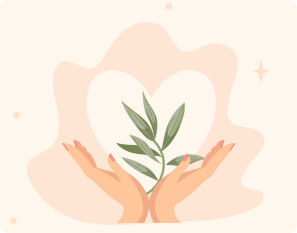Social anxiety is the experience of anxiety in social situations. However, it is more than mere shyness or discomfort with scenarios where one must be around or interacting with a lot of people. All of us are different in terms of nature and disposition as well as life experiences that shape us. An individual’s level of comfort in social situations may differ considerably depending on these factors. Some people may simply have a reserved disposition, without having social anxiety.
In social anxiety disorder, on the other hand, the individual experiences significant anxiety and distress – both in the form of worries as well as physical changes in a social context like gatherings, workplace, when addressing a group of people, making presentations or giving a performance. They find it difficult to navigate these situations because of a fear of being judged negatively by people. This fear leads to avoidance of any occasion that may be a trigger. As a result there may be a marked disruption of their personal, social or work life.
The symptoms of social anxiety disorder include
- Significant anxiety or discomfort in social situations.
- Fear of being judged negatively.
- Worrying about saying or doing the wrong thing and embarrassing yourself.
- Physical symptoms like sweating, shaking of hands or body, tremulousness of voice, rapid heart beat.
- Worries that others can notice these symptoms or are aware that you are anxious.
- Analysing your behaviour and speech and other people’s reactions after these events and finding flaws.
- Avoiding situations that trigger these worries and anxiety. This can create problems in one’s social as well as.
- Professional lives.
You may have social anxiety if these scenarios sound familiar
- You keep worrying about having to meet new people, speak to a group of people, attending gatherings or making presentations at work.
- You experience pounding of heart, sweating or tremulousness in these situations or find it difficult to maintain eye contact, you try to avoid these situations.
- You always feel like you are being judged in these situations and you keep going over your performance and finding flaws, after these events.
When to get help?
If you think that you find routine interactions and other social situations very uncomfortable and try to avoid them, perhaps a mental health professional can help.

